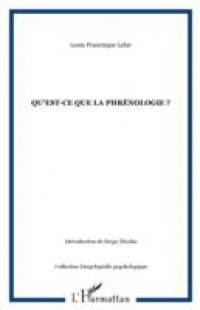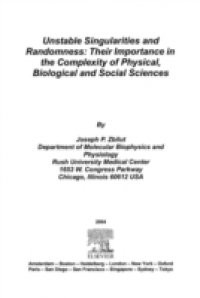Cases in which all investigative leads appear to be exhausted are frustrating for both investigators and victims' families. Cold cases can range from those only a few months old to others that go back for decades. Presenting profiles and actual case histories, Cold Case Research: Resources for Unidentified, Missing and Cold Homicide Cases illustrates how investigators can successfully apply resources that will enable them to reopen and solve cases gathering dust in the file room.Today's investigators have found that, to solve cold cases, they need to be internet savvy and make the best use of the rapidly changing methodologies of the twenty-first century, but they also have to be time travelers and open the door to the past. This volume weaves together the nearly forgotten skill sets of traditional historical researchers with the latest online tools, including TLO, a premier investigative system; and NamUs, the revolutionary database for missing persons and unidentified remains. Along with practical applications, Cold Case Research gives investigators the tools they need to save time and money and to jump-start their cold cases, while keeping others from going cold in the future.Topics discussed include:Implementing cold case unitsPeople searches and working with databasesOverlooked DNA in PKU cardsThe plight of the missing and unknownApplying historical and geographical contextOnline and off-line newspaper researchPublic and published recordsThe use of volunteersContact with co-victimsCold-case review teams and information-sharing resourcesTaking advantage of the mediaUsing a thinking-outside-the-box approach, this volume helps fill major gaps in traditional cold case investigation training and techniques, enabling investigators to confidently reopen and crack the mystery of cases long thought unsolvable. a Silvia Pettem was quoted in a January 29, 2012 article on missing persons in the Colorado Springs Gazette.

















